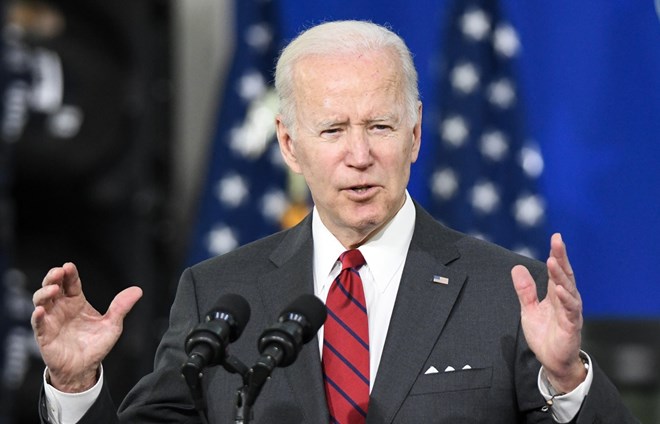By Marcel Plichta
Friday - May 6, 2022

In the midst of the conflict in Ukraine and the broader People's Republic of China focus in the newly-released National Defense Strategy, smaller U.S. military commitments, like the proposed return of several hundred servicemembers to Somalia, are liable to be overlooked. Great power competition is understandably a priority, but smaller commitments like Somalia are still costly and put American personnel directly in harm's way. Instead of just sending troops back, the Biden administration needs to prioritize non-military policies to address Somalia's security crisis.
In March, AFRICOM Commander General Stephen Townsend told senators that Somali terrorist group Al-Shabab represented such a severe threat that U.S. troops ought to return to Somalia. U.S. forces already work to counter Al Shabab but have done so from neighboring countries since the December 2020 withdrawal of 700 troops based in Somalia. In Townsend's estimation, the results of "commuting to work" have been less than satisfactory. Transiting to Somalia from other countries adds additional risk to personnel, airstrikes haven't been as effective as once hoped and partners in the fight against the group are faltering.
Before fulfilling AFRICOM's request, however, the White House needs to reassess its Somalia policy. Tactical success will not address the strategic issues at the heart of Somalia's security woes. Returning several hundred soldiers to Somalia will not win the war, solve Somalia's governance issues, address divisions in the Somali National Army, or tackle the country's impending famine.
Even on its own terms, deploying to Somalia has serious drawbacks. Before the withdrawal, Al-Shabab attacked bases where U.S. troops were stationed in and near Somalia. In January 2020, the group attacked a Kenyan airbase near the Somali border, which killed one American servicemember and two U.S. contractors. Worse still, the increased operational tempo after 2017 increases the risk that U.S. strikes harm Somali civilians.
American security commitments to Somalia cannot be open-ended if the U.S. is serious about transitioning from "forever wars" to balancing against Russia in Europe and China in Asia. With President Joe Biden's Africa strategy still in development, the endgame for U.S. policy in Somalia remains unclear. Yet another deployment is fraught with difficult questions. How degraded does Al-Shabab need to be to end the deployment of U.S. forces? Terrorist groups are difficult to eradicate entirely, so what mechanisms can be put in place to ensure the United States would not need to return once again? Al-Shabab's fortunes have waxed and waned over the years, so it's difficult to claim that a few hundred U.S. troops in-country are all that's needed to defeat the group permanently.
Instead of letting the Department of Defense (DoD) look for tactical solutions to strategic problems, policymakers outside of DoD need to play a bigger role. Other organs of the U.S. government can focus on a range of efforts including tackling Al-Shabab's racketeering and illicit trading to disrupt the group's financial networks. The intelligence community, including DoD, can work to disseminate actionable intelligence to Somali forces and other partners. The State Department and USAID can work to avert the country's impending famine and push for more transparency in Somali governance.
Marcel Plichta , PhD Candidate in International Relations, University of St Andrews